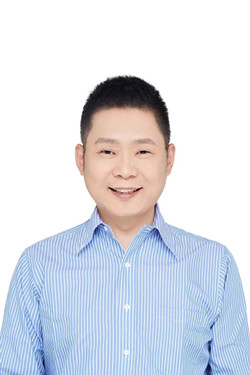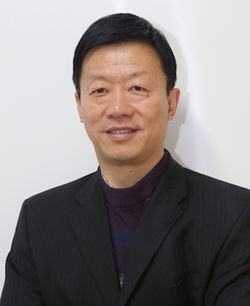Home> Sessions
Session 25: Single-cell multiomics technologies: From research to applications
Updated: 2023-07-28
With the development of high-throughput single-cell transcriptomic technologies, a large volume of data on different tissues of different species has been generated worldwide. However, the composition of organs in the body is not only characterized by cell diversity, but also by the orderly distribution of their locations, transcriptional regulation at the genome level, and the role played by protein levels, which are not shown in single-cell mono-omics data. As a result, the comprehensive applications of multiomics technologies are necessary for understanding the development and working principles of organisms and the mechanisms of disease occurrence.
In recent years, with the continuous innovation of multiomic detection technologies and data analysis methods at the single-cell level, new technologies and tools have been springing up, and are playing an increasingly important role in scientific research and applications of developmental regulations, organ functions, disease mechanisms, and precision medicine.
This session will focus on the cutting-edge progress of single-cell multiomics technologies and their applications, aiming to promote discussions and exchanges in life science research and serve human health.
Chairs

Wang Xiaoqun
Professor, Beijing Normal University

Zhang Zemin
Professor, Peking University
Invited speakers & reports
Jiang Lan
Research fellow, Beijing Institute of Genomics, Chinese Academy of Sciences (CAS)
Report: Single-cell sequencing technology based on microfluidics combinatorial indexing
Wu Qingfeng
Research fellow, Institute of Genetics and Developmental Biology, CAS
Report: Decoding neuronal diversification, specification and projection by single-cell multiomics
Yuan Wen
Research fellow, Shenzhen Bay Laboratory
Report: Temporally-divergent regulatory mechanisms govern neuronal maturation in the neocortex
Zeng Bo
Associate research fellow, Changping Laboratory
Report: Single-cell spatiotemporal transcriptional maps of human gastrula and early nervous system development
Zhang Lei
Research fellow, Shenzhen Bay Laboratory & Peking University Shenzhen Graduate School
Report: Analysis of the pathogenesis of IBD by single-cell omics
Mi Da
Assistant professor, Tsinghua University
Report: The mechanisms underlying the emergence of cortical inhibitory neuron diversity
